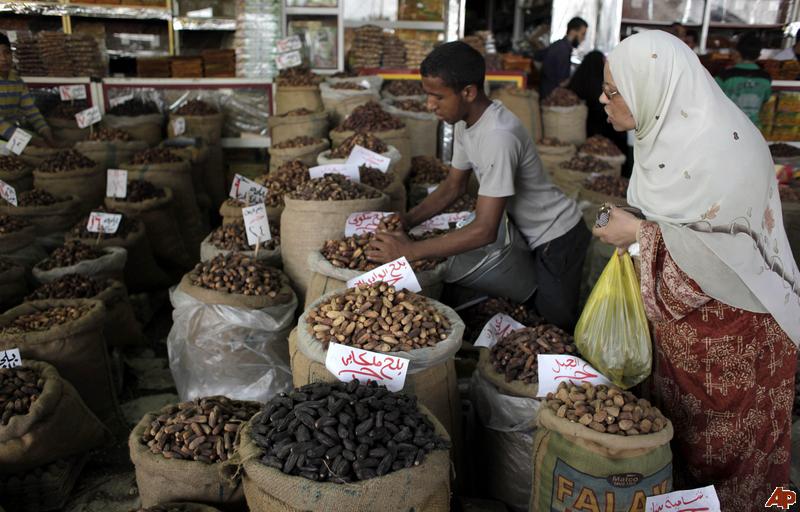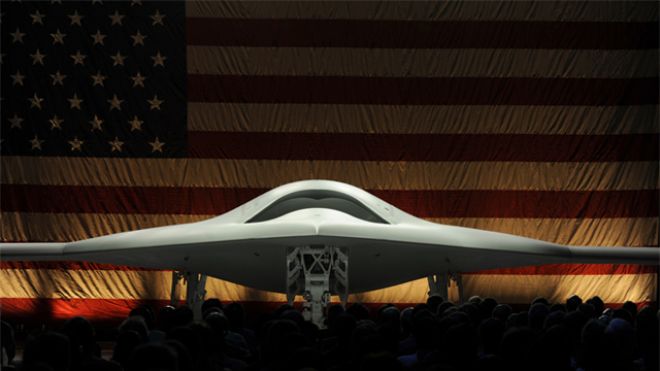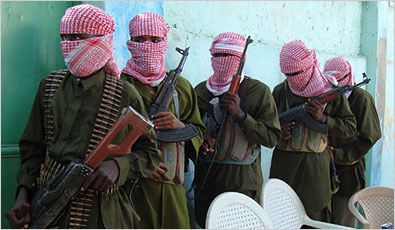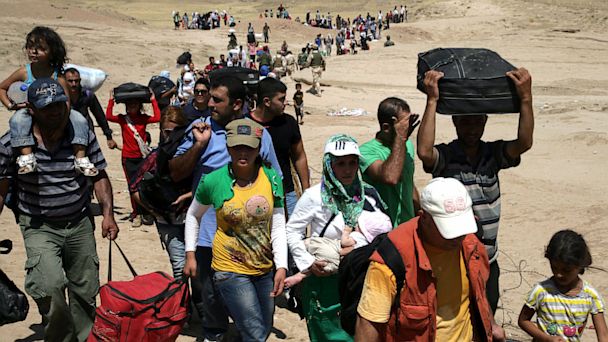Though the Arab Spring began in Tunisia, it was Tahrir Square that caught the attention of the world; it was crowds of Egyptians, pulled together after a frenzy of Facebook and Twitter messages, that made history. One year later, the world’s eyes are back on Egypt, as they still aren’t satisfied. The recent deposing of President Morsi and a suspended constitution have left Egypt divided. On Tuesday July 9th, however, the sighting of the new moon added a fresh dimension to the situation: the next day began the holy month of Ramadan. In Muslim tradition, it is a time of heightened commitment to piety and purification, where practicing Muslims also abstain from food and drink from sunrise to sunset. One’s three meals a day change from breakfast, lunch, and dinner, to Saher the morning meal when the fast starts, iftar, the evening snack when the fast is broken, and finally dinner, the evening meal to end the day of fasting. But other than meal times, how will this month, one of the core pillars of Islam, affect the various political factions in Egypt?
For some it could have a minimal effect.
Tamarod
Child of the parent organisation Kefaya, Tamarod (Arabic for “revolt”) was the group that gave President Morsi an ultimatum to resign or face a campaign of civil disobedience. It is unclear how Islamic the group is. Whether their campaigns of civil disobedience for a democratic Egypt will be set aside out of respect to the sacramental, holy month will only be determined by observing them over the month.
The National Salvation Front
A rarity in the Arab spring atmosphere, this is a party of comprised of liberals and youth groups that has been a serious player in the political scene in Egypt. Its leader, Mohamed Elbaradei, despite being rejected as interim prime minister, was appointed interim Vice President on July 14th. Mr Elbaradei might see this as a Ramadan Baraka (blessing) and inspire him to ensure his group is not be forced into a backseat position.
The Military
The military, the most powerful group in Egyptian society, seem in a good position: billions of dollars in aid have poured in from Saudi Arabia and the UAE, neither of which are great supporters of the Muslim Brotherhood. The army’s key obstacle seems to be securing the trust of the Egyptians to handle these large amounts of money.
But while the fasting aspect of Ramadan will not affect secularist army supporters, Ramadan is also a time of reflection. The army seeks to portray itself as a stabilizing force in the splintering nation but has detained more than 600 demonstrators. Since the ‘January Revolution’, SCAF (Supreme Council of the Armed Forces) has used tear gas, batons, and live ammunition on civilians, driven armoured vehicles into packed crowds, and been accused of breaching human and women’s rights. It has a small window of opportunity to remain relevant and to be remembered as the supporter of a swift transition to democracy rather than the executor of a coup. This time of reflection for the country could provide a window for it to shape its image.
[captionpix align=”right” theme=”elegant” width=”450″ imgsrc=”http://natoassociation.ca/wp-content/uploads/2013/07/Praying-in-Egypt.jpg” captiontext=”Prayer, a special part of Ramadan.”]
The effect grows more intense economically.
Adly Masnour
Analysts say that interim president Adly Masnour’s largest obstacle is to follow through on his promise to amend the Islamist-drafted constitution and hold elections by early 2014, but is it really?
It may seem counter intuitive, but during Ramadan, shops are bustling as demand for luxury food to break the fast with is high. Basic economic theory says that when demand is high, so are prices. Ramadan, the most expensive time of the year for many families, has come at a time when the cost of staple foods (like bread and oil) and basic necessities (like fuel) are high, despite subsidies from Morsi’s government. The IMF is now offering $5 million of aid (which Egypt needs despite the aid from the Gulf), on the condition these subsidies are phased out and taxes are raised. This is particularly dangerous considering Egypt’s high unemployment rate, and the fact that it was economic hardship which led to the Arab Spring in the first place. Some citizen see the demand for goods, like the special dessert “kunafa”, as a sign that political life might become “sweet” again; but at the end of a long, hot day fasting, people want food and security before anything else. Goodwill may not be enough to carry them through, and Masnour will have to account for the concerns of the general public – something his predecessor paid a high price for failing to do.
[captionpix align=”right” theme=”elegant” width=”450″ imgsrc=”http://natoassociation.ca/wp-content/uploads/2013/07/Anti-morsi-people.jpg” captiontext=”Anti-Morsi citizens are behind President Mansour”]
Finally, history suggests the most radical response will be from the Islamist groups.
The Salafist Al Nour Party
Salafism today is a rigorous ideology, where believers must submit, in every aspect of their life, to Islam. But Ramadan seems to have brought about a change in the al Nour party, Egypt’s second largest Islamist party. Though it condemned the “massacre” of Morsi supporters, it now appears they will spend their iftar meals strategising on their crucial role in the coalition that has replaced Morsi. This cooperation with the liberals is an opportunity for the Muslim Brotherhood to present the Al Nour Party as the Party who has “sold out” the Islamic community as a method of gaining support for themselves.
Morsi and the Muslim Brotherhood
This group consists of the country’s strictest adherents to Ramadan. In some circles, Ramadan has been a time that leaders have used to stimulate the growth of Islamist groups. People will be gathering in large numbers for prayers and to listen to mosque sermons. These can be channels for transmitting political messages like the idea that the heavens are most welcoming to “martyrs” (such as the 50 killed outside the Republican Guard headquarters, or the 7 killed earlier this week). This could lead to more resistance, as was the case in Bahrain last year. This is not a cynical assumption – Ramadan was once already used effectively to spread the ideology of the Muslim brotherhood in its formative years in 1950s.
Furthermore, this Ramadan, Morsi is no longer “a president for all Egyptians,” and no longer has to call for the respect of non-violence during protests. Does this mean more violent protests are on the way, or with the summer heat of Egypt, compounded by low levels of energy, will protests taper off?
[captionpix align=”right” theme=”elegant” width=”450″ imgsrc=”http://natoassociation.ca/wp-content/uploads/2013/07/Morsi-supporters.png” captiontext=”Morsi supporters in clashes with the Army”]
In summary…
There is clearly fragmentation in Egypt’s society. Each group holds up Egypt’s distinctive tricolour flag, but to each it means something different. A new cabinet has been sworn in, which Morsi’s supporters reject as illegitimate. But for many, the primary concern is avoiding a Syria-type situation. Calls for reconciliation echo from the army, to the Al-Azhar mosque. While history suggests Ramadan will radicalise the population, Egypt has defied history many times. Sociologists say a crisis is related to the behaviour of people: if behaviour improves, everything else will. Ramadan could be a period that forces people to focus on their needs and bring about a change in behaviour and the much desired peace. It is the only social institution that is powerful enough to pour cooling water on a severely inflamed country.




